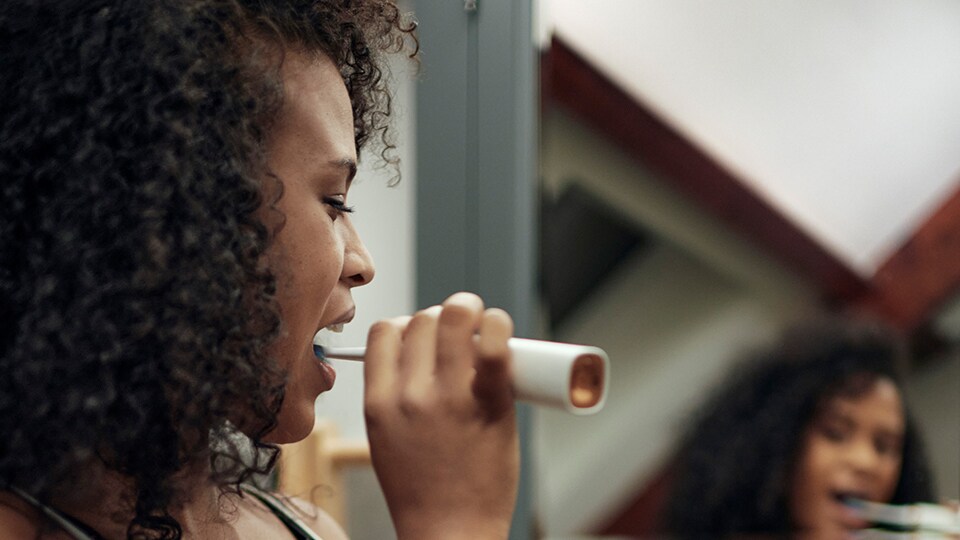May 2021
Pregnancy outcomes and oral disease

Poor dental hygiene may influence the health of pregnant mothers and their unborn child, leading to low birth weight, preterm birth and preeclampsia. Studies show that 60-75% of pregnant women will experience pregnancy gingivitis1 – swollen, sore gums and possible bleeding due to a build-up of plaque. While oral health is important for everyone, it can be especially important during pregnancy, for the health of both the mother and her baby. Science and clinical evidence has shown a link between oral health and possible adverse pregnancy outcomes. Because periodontal disease creates an oral wound, biofilm inhabitants and toxins could spread through the vascular tree, and may reach the unborn child.
Possible complications
In his presentation, Periodontal Infection and Pregnancy Outcomes, Dr. Steven Offenbacher, DDS, PhD, M.Msc, points out that there could be complications associated with periodontal disease, which may include: - Vaginal bleeding - Pre-eclampsia - Preterm labor - Preterm ruptured membranes - Fetal growth restrictions With more than 1 in 10 babies born preterm each year (with a death rate of 1 in 15), the link between oral disease and preterm labor is especially concerning. Preterm birth accounts for 70% of all perinatal deaths.
Studying the data
To see the effect of preventative oral care on pregnancies, the HAPI program2 (West Virginia Healthy Start/Helping Appalachian Parents and Infants Project) provided 907 women with oral health education, dental prophylaxis with follow-up and oral hygiene products between 2005-2017. Periodontal screening and recording (PSR) was completed by a dental professional – during pregnancy and after birth. Studying this data in 2018 showed some interesting connections. Of the 970 women who participated in the program, 65.5% had significant improvements in oral health. The mean birthrate was 3,334.44g – with a mean gestation of 38.7 weeks. Brushing teeth 2 or more times a day was associated with more normal birth weights, and at term births. While the results were modest, they did point to the benefits of good dental hygiene during pregnancy – for both the mother and her baby.
Dental care
Pregnant women should be reminded of the importance of maintaining their oral health and hygiene. Both regular dental care at home, and non-surgical dental therapy, are safe during pregnancy – and associated with a 3.8-fold decrease in the rate of preterm delivery3. Oral health care professionals should always ask if their patient is pregnant before carrying out oral procedures4. If not, the mother-to-be should inform them.
Share this article:
Related articles
Not a Healthcare Professional?
References



